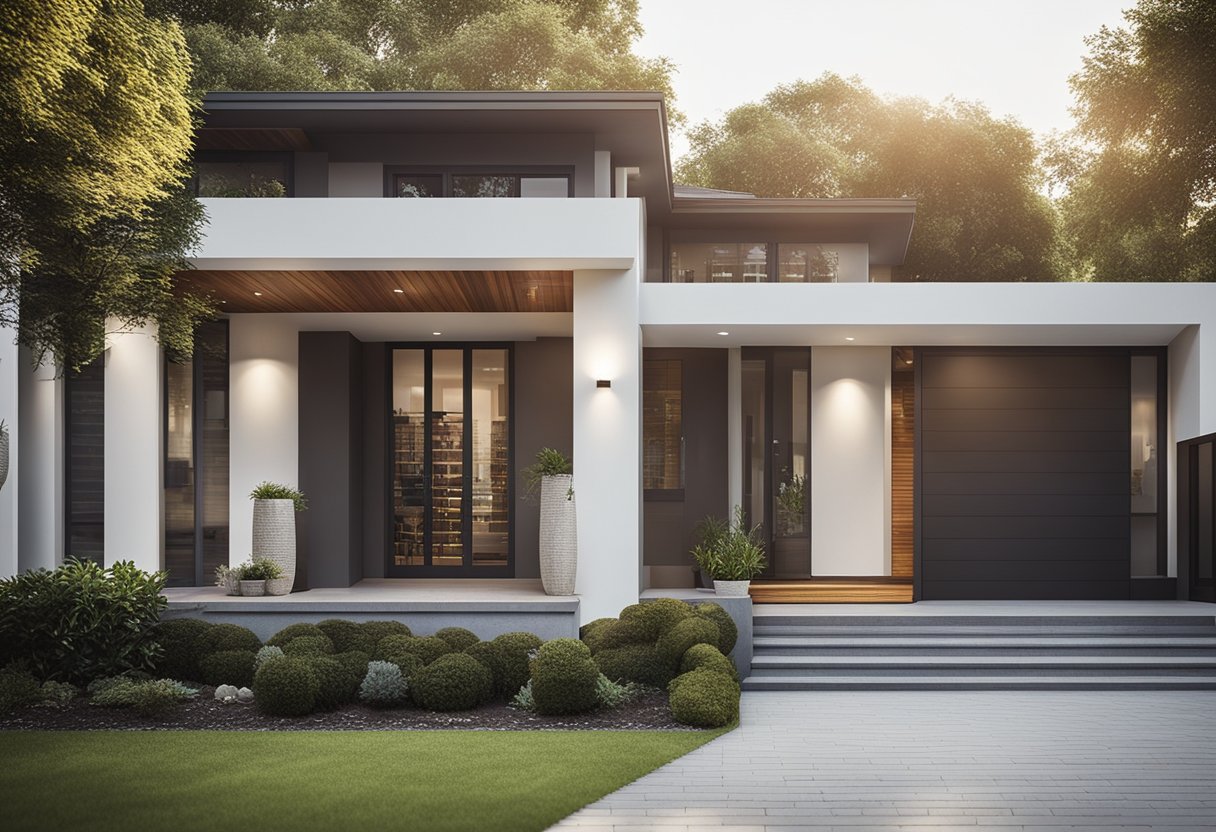
Sustainable Home Designs: Eco-Friendly Options for Modern Homes in Bangalore
Sustainable Home Designs: Eco-Friendly Options for Modern Homes in Bangalore Introduction Bangalore, known for its vibrant culture and technological innovation, is also emerging as a hub for sustainable living. With increasing urbanization, adopting eco-friendly home designs is not just a trend but a necessity. At Madilu Construction, we believe in creating modern homes that harmonize with the environment while meeting the functional needs of urban living. In this blog, we’ll explore sustainable design options perfect for Bangalore’s unique climate and lifestyle, ensuring your home is as green as it is gorgeous. Why Choose Sustainable Home Designs? Sustainable homes are designed to minimize their environmental impact while maximizing energy efficiency. Key benefits include: Lower energy bills: Efficient use of resources reduces monthly expenses. Healthier living environment: Eco-friendly materials improve indoor air quality. Future-proofing: Sustainable designs are resilient to changing regulations and environmental conditions. Eco-Friendly Options for Modern Homes in Bangalore 1. Passive Solar Design Leverage Bangalore’s natural sunlight to reduce energy consumption. Use large south-facing windows to maximize natural light. Install shading devices or pergolas to prevent overheating. Opt for reflective or cool roofing materials. 2. Rainwater Harvesting Systems With unpredictable rainfall patterns, rainwater harvesting is a must. Collect and store rainwater for non-potable uses like gardening or cleaning. Use permeable paving to reduce water runoff. Integrate storage tanks into your home’s landscaping for aesthetics and function. 3. Sustainable Building Materials Choose materials with low environmental impact and high durability. Bamboo: A renewable material ideal for flooring and furniture. Recycled steel: Durable and reduces the need for mining. Fly ash bricks: Eco-friendly and provide excellent insulation. 4. Energy-Efficient Solutions Incorporate energy-saving features to reduce dependency on non-renewable resources. Solar panels for electricity generation. Energy-efficient LED lighting and appliances. High-performance windows with double glazing. 5. Green Roofs and Vertical Gardens Enhance urban biodiversity and improve thermal comfort. Install green roofs to reduce heat absorption. Use vertical gardens for air purification and aesthetic appeal. Incorporate native plants to reduce water usage. 6. Smart Home Integration Integrate smart technology to monitor and reduce energy consumption. Use smart thermostats for optimized temperature control. Automate lighting to conserve electricity. Install water sensors to prevent wastage.